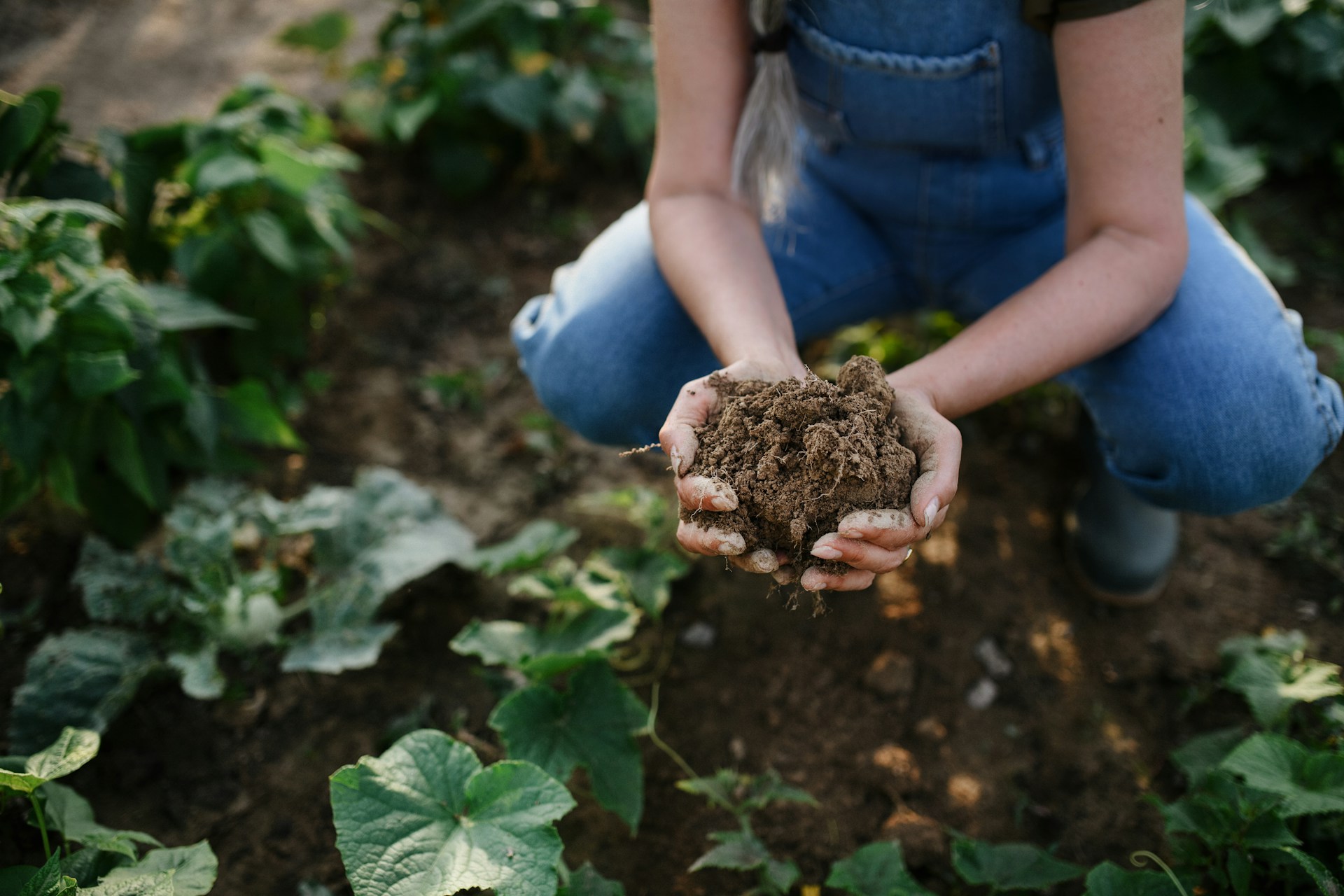After a sweltering summer, gardens often face the challenge of depleted and tired soil. The intense heat can strip the earth of its nutrients, leaving your plants struggling to thrive. This is especially true in places like Kenner, Louisiana, where summer temperatures can soar. Revitalizing garden soil is an important task that every gardener should take on to ensure that their plants bounce back and continue to flourish.
For gardeners in Kenner, the effects of summer heat present specific difficulties. The intense sun can lead to soil compaction, making it difficult for roots to access water and nutrients. Additionally, prolonged dry spells can deplete the soil, turning once-rich gardening beds into barren areas. So, it’s important to refresh and revitalize the soil to restore it to its healthy state and support vibrant plant growth.
Assessing Soil Condition
Before you dive into rejuvenating your garden, it’s important to start with a clear understanding of the current state of your soil. The harsh heat can damage soil structure and reduce its capacity to support healthy plant growth. Begin by looking for these common indicators:
– Soil Crusting: Does your soil have a hard, crusty surface? This can prevent water penetration and root growth.
– Compaction: Is your soil compacted and dense? Compacted soil restricts airflow and water movement to plant roots.
– Signs of Nutrient Deficiency: Look for yellowing leaves or stunted growth—these can indicate that your soil lacks nutrients.
– Poor Drainage: Does water take a long time to seep into the soil, or does it pool on the surface after rain? This might signal poor drainage.
Once you’ve identified the condition of your soil, you’re equipped to take the necessary steps toward improving it. Understanding these signs tells you what specific treatments may be required to rejuvenate your garden. Revitalizing your soil begins with a thorough assessment so you can choose the right methods to bring it back to health.
Methods to Revitalize Garden Soil
Once you’ve assessed your soil’s condition, it’s time to bring it back to life using a few practical methods. Adding organic matter is a great way to start. Compost, made from kitchen scraps and yard waste, enriches the soil with nutrients and improves its structure. Manure, particularly from herbivores like cows and horses, is another excellent option. It boosts the nutrient content and improves soil moisture retention.
Mulching plays a major role in soil rejuvenation too. A layer of mulch helps maintain soil moisture, suppresses weeds, and adds organic matter as it breaks down. You can use straw, wood chips, or leaves for this purpose. Mulching not only protects the soil but also keeps it at a more stable temperature, which is a big help during the recovery phase after a hot summer.
Finally, consider using soil conditioners and amendments. These products, such as gypsum or lime, help improve soil structure and correct nutrient imbalances. The right combination of these treatments can turn lifeless soil back into a nutrient-rich home for your plants.
Watering and Irrigation Techniques
Proper watering is crucial when restoring garden soil. Right after a hot summer, the soil might be dry and compacted, so it’s important to water deeply rather than frequently. Deep watering encourages roots to grow deeper into the soil, making plants more resilient.
In an area like Kenner, having an irrigation system that suits the local climate can make a big difference. Drip irrigation, for example, delivers water directly to the base of plants, minimizing water loss and ensuring moisture is available where it’s needed most. Focus on watering early in the morning or late in the afternoon to reduce evaporation and make the most of every drop.
Preventive Measures for Future High-Heat Periods
Preparing your garden for future heatwaves can save you time and effort. Start by applying a thick layer of mulch to help regulate soil temperature and prevent moisture loss. Consider ground covers like clover or creeping thyme, which can protect the soil from erosion and retain moisture.
Planting heat-resistant varieties is another effective strategy. Opt for native plants that are well-suited to Kenner’s climate. Designing your garden with plants that have deep root systems can also help with water retention and soil stability. By planning ahead and implementing these preventive steps, your garden can better withstand the stress of the summer heat.
Revitalizing Kenner Garden Soil for Thriving Plants
Revitalizing garden soil in Kenner requires a thoughtful approach. Start with a detailed assessment of the soil’s condition, then choose the right methods to restore its health. By incorporating organic matter, using effective watering strategies, and preparing for future heat, you can keep your garden vibrant and flourishing. This holistic approach to soil care ensures that your plants will not only survive but thrive, even in challenging conditions.
Ready to turn your garden soil around for the better? Reliable Soil Co. Inc. offers a range of solutions to support your efforts. Discover the products and advice available at our soil company and let us help you keep your garden thriving and resilient through every season.

